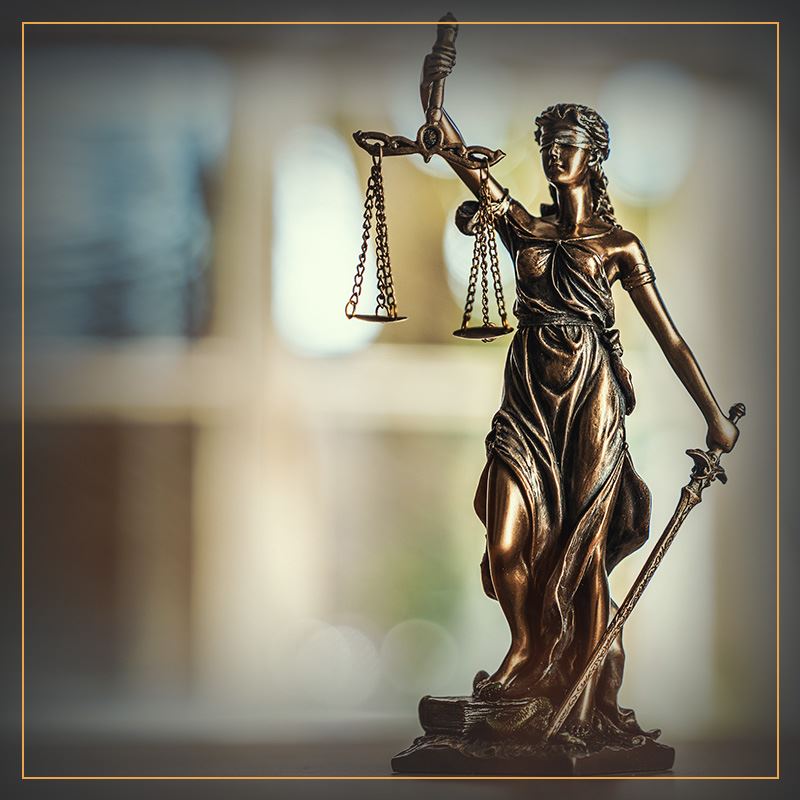
St. Louis Expungement Attorney
Expungements of Criminal Records and Convictions
Recent amendments to Missouri law have expanded the list of criminal convictions which can be permanently expunged from someone's criminal record. Prior to these changes, only a conviction for driving while intoxicated or minor in possession of alcohol could be expunged; however, now convictions for some non-violent felonies and misdemeanors can also be expunged from a Missouri criminal record.
Some examples of the convictions which can now be expunged include offenses involving checks, credit cards, burning , property damage, trespass, gambling, peace disturbance, and public drunkenness. Contact a St. Louis Expungement attorney at the Whiteley Law Firm today to determine if you qualify for an expungement of your felony or misdemeanor conviction.
Expungement Lawyer for the Greater St. Louis Area, including Jefferson County, Franklin County, St. Charles County, Lincoln County, and Others.
In order to have a conviction expunged under the new law, you must meet all eligibility requirements, which include completion of the sentence, waiting period, no additional convictions, and full payment of restitution, if applicable. Additional, more stringent, requirements must also be met before a court can grant a petition for expungement.
Our experienced St. Louis Expungement attorney will review your situation in order to determine if you are eligible and present the evidence in court in a manner that best ensures you will get the requested relief.
If a conviction continually causes you embarrassment, prevents or obstructs gainful employment, or negatively affects your life in some degree, it is in your best interest to contact an expungement lawyer in St. Louis today to determine if the conviction can permanently be expunged from your record.

What Sets Us Apart From The Rest?
Whiteley Law Firm is here to help you get the results you need with a team you can trust.
-
Accessible Support
We make it easy for you to reach out and discuss your case, offering multiple avenues including phone, voicemail, online submission, and office visits for your convenience.
-
Trusted AdvocacyWe understand the gravity of your situation and are committed to earning your trust through unwavering dedication to your defense.
-
Thorough Defense StrategyOur approach involves a meticulous evaluation of your case, ensuring every possible defense avenue is explored to protect your rights.
Our FAQ
Have questions? We are here to help. Still have questions or can't find the answer you need? Give us a call at 888-910-8827 today!
-
Can I represent myself?Yes. Although the right is not unlimited, in every criminal prosecution, the accused must be permitted to act as his or her own attorney. However, the better question is whether you should represent yourself. To that question, the answer is undeniably no. For more information on why a criminal defendant should hire an experienced criminal defense attorney, please read more here.
-
What if I am guilty?
Although your thoughts on guilt or innocence of the charges against you are important, it is only one factor that should be considered in how to dispose of the criminal case.
The Whiteley Law Firm is committed to ensuring that those charged with criminal offenses receive a result that is in their best interest. In doing so, we always ensure that the conduct of the police has been proper and the prosecution can meet their burden of proof.
-
Will my case be dismissed if the police did not read me my Miranda rights?
The continued popularity and proliferation of crime drama television shows perpetuates the idea that the police must advise the suspect of his or her Miranda rights immediately upon being arrested. This television show concept, however, is a myth. The police are under no obligation to inform someone of their constitutional rights once placed in custody.
The Miranda warnings – generally, the right to remain silent and the right to an attorney – take their name from the 1966 U.S. Supreme Court decision of the same name, Miranda v. Arizona. The landmark decision requires law enforcement officials to inform individuals in custody of their rights prior to any questioning. In other words, with some limited exceptions, Miranda warnings are only required when the police interrogate someone while they are in custody.
Given these two requirements, the question whether a case will be dismissed can become a complex question. Suffice it to say, while complete dismissal of the case is not impossible, the more likely result from a Miranda violation would be suppression of the illegally obtained evidence.
